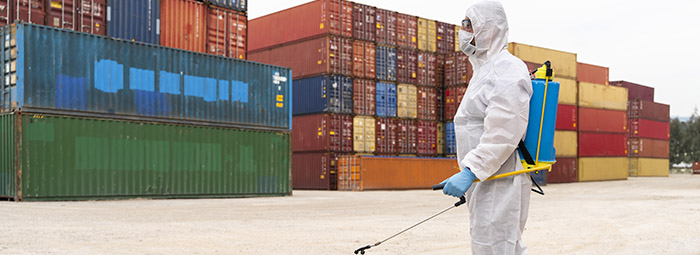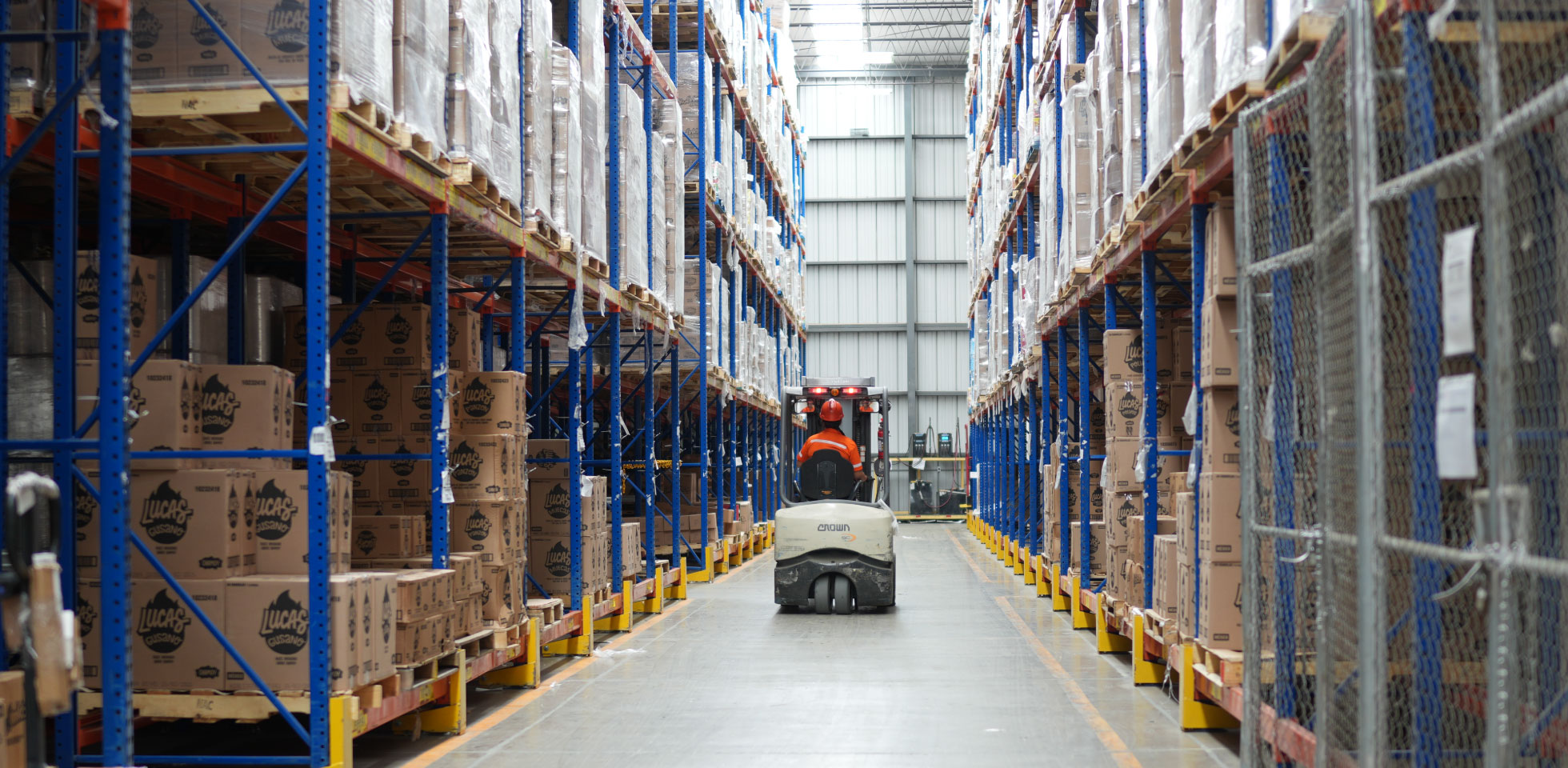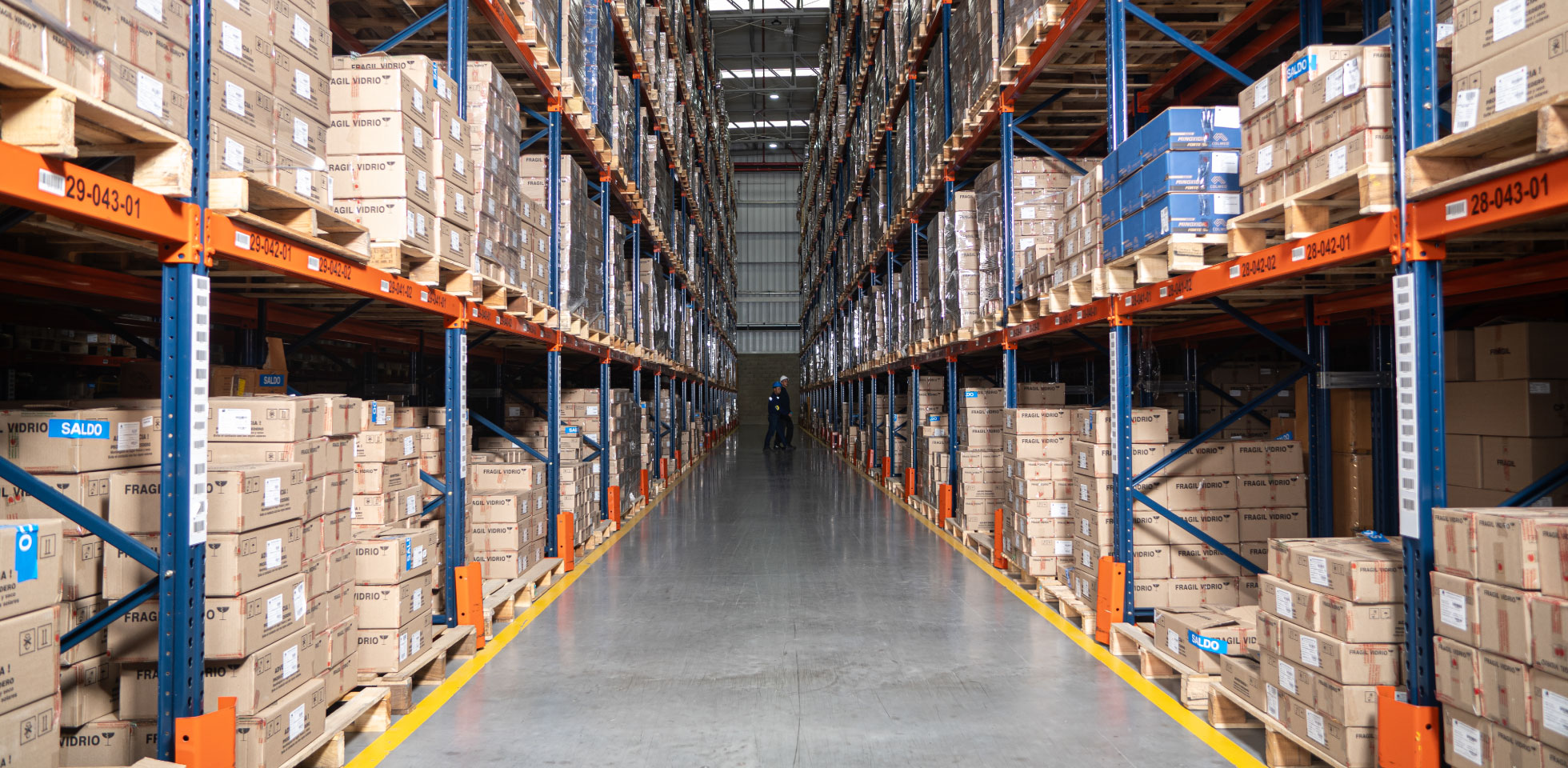For as long as we lack the answers on how big the financial loss and how long the pandemic will last, it will be impossible to fully gauge the impact of COVID-19 on the global economy and international trade.
Even though we initially expected the pandemic to have a short term impact on the supply chains, we now understand that a prolonged deceleration in the economy will result in more severe problems for the supply chains on the medium and long terms in Asia and other regions.
These interruptions in the supply chains have already begun to appear in fronts other than health and medication and are expected to continue as the effects of the pandemic are felt in an increasing number of countries.
Commercial and financial troubles increased by the coronavirus
So far, we can pinpoint four financial issues resulting from uncertainty, volatility, and flight of capital, which have been intensified by the coronavirus pandemic:
- Stock Market Crash
- Currency Depreciation
- Oil Price Contraction
- Loss of Value of Gold
- International Trade and Manufacturing Weakening
This weakening of global trade is the result of these factors, mainly:
- Reduced trading between exporters and importers.
- Decline of the economy, which lowers the demand of goods in general.
- Issues in the supply chain ranging from mid-chain manufacturers to finished-goods manufacturers.
According to Fabrizio Opperti and Mauricio Mesquita Moreira, from the Interamerican Development Bank, these are some financial initiatives to cope with the commercial issues caused by the coronavirus:
- Continue supporting free trade since they believe it would be a step backwards if governments were to blame globalization for the current crisis.
- Increase the coordination and integration of countries to carry on with foreign investment.
- Reduce the restrictions on exports for medical supplies and medical equipment and medication (something mainly seen in Europe and Asia) because, even though it increases the local offer in the short term, it causes uncertainty in the medium and long terms.
- Eliminate tariffs and non-tariff barriers for equipment, supplies, and disinfectants, which would help lower the cost of these essential products.
- Promote regional trade agreements involving multiple sectors to facilitate the coordination of prevention and mitigation measures for pandemics.
- Simplify the procedures for shipping critical goods.
- Discourage the tight protection of the farming sector to avoid a crash in the domestic supply chains of food.
- Work with export brokers to identify opportunities and to form commercial links.
The situation in a sample of developed countries
China:
- There were no tariff exceptions for importing medical supplies, but there were temporary tariff exclusions for donated supplies and for goods purchased by government agencies.
USA:
- The Customs and Border Protection Agency (CBP) announced that it would approve, if needed, additional days for paying tariffs, taxes, and fees.
- Because requests for binding resolutions and requests including physical samples might take time, the agency proposed the use of eRuling to submit evidence online.
- The International Trade Committee allows people to submit requests via the Electronic Documents Information System (EDIS).
European Union:
- There is a ban on exports of medical protection gear outside the European Union unless the exporter gets a license.
The status of international agreements
USA and UK: they will begin conversations on trade soon; nevertheless, they still must define when.
USA and China: they could not find a way to make progress in the negotiation of Phase One of their Trade Agreement; and it is as yet unclear if the pandemic is to blame or the unwillingness to go over this issue.
USA and the UE: there is no evidence these regions are talking about any bilateral agreement, and there will not be any until the World Trade Organization’s arbitration panel states its ruling on the amount of tariffs the UE can impose on imports from the USA.
UK and UE: the second round of negotiations over Brexit was scheduled for March 2020 and was canceled. There is no date set for restarting talks.
USA, Canada, and Mexico: July 1st is the earliest possible date for the agreement between these countries to come into force.
Mexico and Latin America
COVID-19 has affected most of Mexico’s industries, especially the automotive, electronics, aerospace, domestic appliances, and steel industries since they need to import goods to assemble or transform them and export finished goods.
Even though it was announced that the ports in the Pacific and Manzanillo were closing, the reality is that so far none of Mexico’s customs in ports is closing its doors to imports from Asia. It is a fact, though, that the logistics operations have turned more complicated and delays are present.
We recommend not depending on one single route for importing goods since shipping containers by sea has been heavily hit.
Meanwhile, Mexico put a ban on non-essential international travel (commercial) to the United States and vice versa. Even when this restriction does not intend to affect the trading of goods, it is believed to result in a direct dampening effect on travel and on the exports of professional services as well as a collateral effect on shipping because passenger planes routinely carry large amounts of cargo.
The pandemic has the potential of causing severe damage on international trade; thus, governments must take proper measures to lower the impact on their economies and societies.
Different institutions have recommended companies to take control of their transportation by using logistics companies, looking to take the responsibility away from suppliers and to find the best possible routes.
Solistica understands in depth the financial and political problems resulting from the pandemic and can, therefore, address the legal and international trade issues companies are currently facing.







